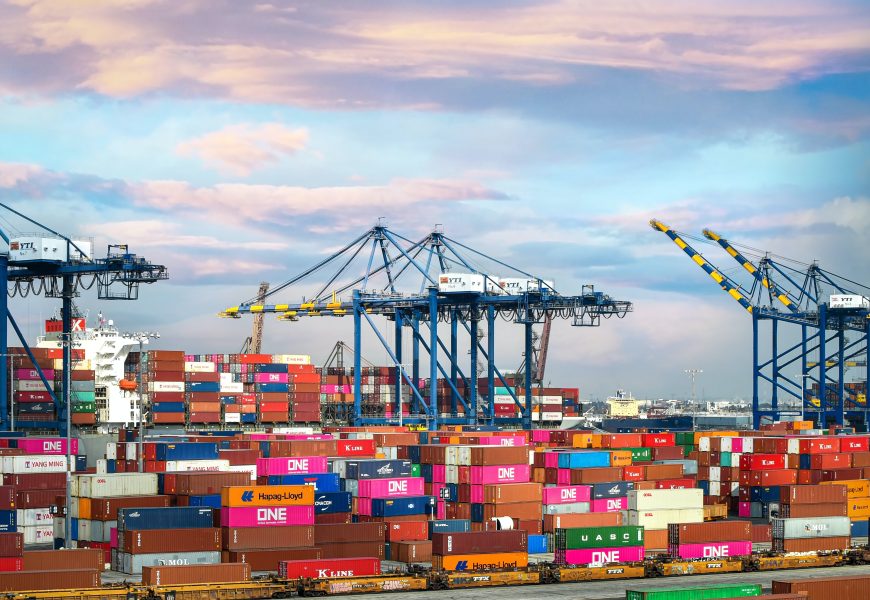The German Supply Chain Due Diligence Act came into force on January 1 2023.
Companies based in Germany that have 3,000+ employees are affected by the act, which requires that they ensure environmental and social standards are observed throughout their supply chains and their own operations. This year, some 900 companies are affected. From the start of 2024, the act will apply to companies with 1,000+ employees, affecting a further 2,900 organizations.
Many countries around the world have legislation that affects supply chains, such as the UK’s Modern Slavery Act and the Corporate Duty of Vigilance Law of France, and further such legislation looks likely.
Last year, the European Commission presented its plans for the Corporate Sustainability Due Diligence Directive. This would require companies to conduct due diligence related to human rights and the environment across their supply chains, and introduce penalties for non-adherence. The law would apply to EU and non-EU companies that operate across the bloc, based on company size and revenue. This legislation will affect significantly smaller companies compared with the German Supply Chain Due Diligence Act, many of which will not have compliance management systems in place.
Staying on top of regulation
Environmental, human rights, and other standards are increasingly important to companies, their shareholders, and their customers. “The regulations are here to stay,” says Enrico Aresu, Compliance and Financial Crime Industry Practice Lead at Moody’s Analytics. “Organizations need to take the initiative to understand how to embed these requirements in their operations in order to guide their supply chain decisions and enhance their sustainability and profitability.” *
Staying on top of legislative and regulatory developments can seem a daunting task, particularly for companies with extensive international supply chains. Moody’s Analytics database and workflow tools create a robust due diligence process to keep up with supply chain compliance around the world.
“It’s important to go beyond a box-ticking approach,” says Aresu. “To effectively comply, organizations should implement a robust, flexible framework where risk appetite and risk-based approach are clearly expressed.”
Broadly, a successful framework should include the following:
- Policy: this should cover potential risks including forced labor, child labor, discrimination, health and safety, and more
- Risk assessment: a risk analysis of the company’s activities should produce a risk assessment and define measures to mitigate risk
- Risk management: this includes categorizing risks, defining a company’s risk appetite, developing preventative measures and KPIs, and appointing a human rights officer
- Complaints management: setting up a complaints procedure to identify human rights violations at an early stage
- Reporting: annual public, transparent reporting on an organization’s effect on human rights and other areas
These new laws send organizations a clear message: they must be prepared to account for their supply chain operations.
Previous regulations aimed at increasing awareness around human rights and environmental risk lacked strong penalties and strict enforcement. The German Supply Chain Act and European Corporate Sustainability Due Diligence Directive are fundamentally different, as they have both.
Our solutions can help you to monitor all the areas essential to complying with regulations worldwide, from sanctions to political exposure, ultimate beneficial ownership, modern slavery, environmental crime, human rights, and more.
Source: Moodys
Image: Unsplash

